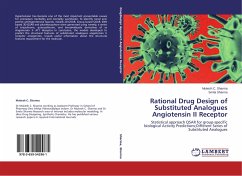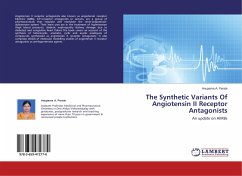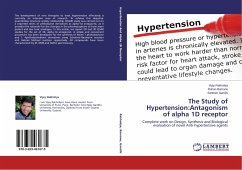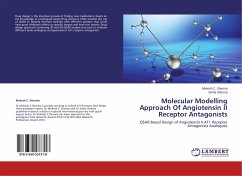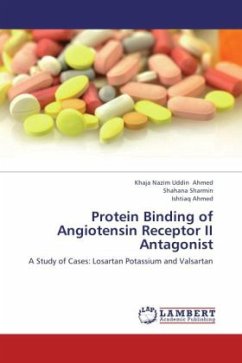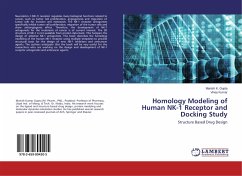The Peroxisome Proliferator-Activated Receptor Gamma (PPAR ) agonist Rosiglitazone, has recently been withdrawn from the European market and its use has been restricted in the US due to its undesirable effects which were considered to outweigh its benefits. This study explores the two agonist bound conformations of the PPAR , as exemplified by its binding to Rosiglitazone and that to Farglitazar. Furthermore, it evaluates whether they should be targeted separately in the context of drug design studies. The binding modalities of Rosiglitazone and Farglitazar were studied in great detail and a series of molecules capable of agonist activity at the PPAR have been designed, with the potential to act as leads in a drug design process.


